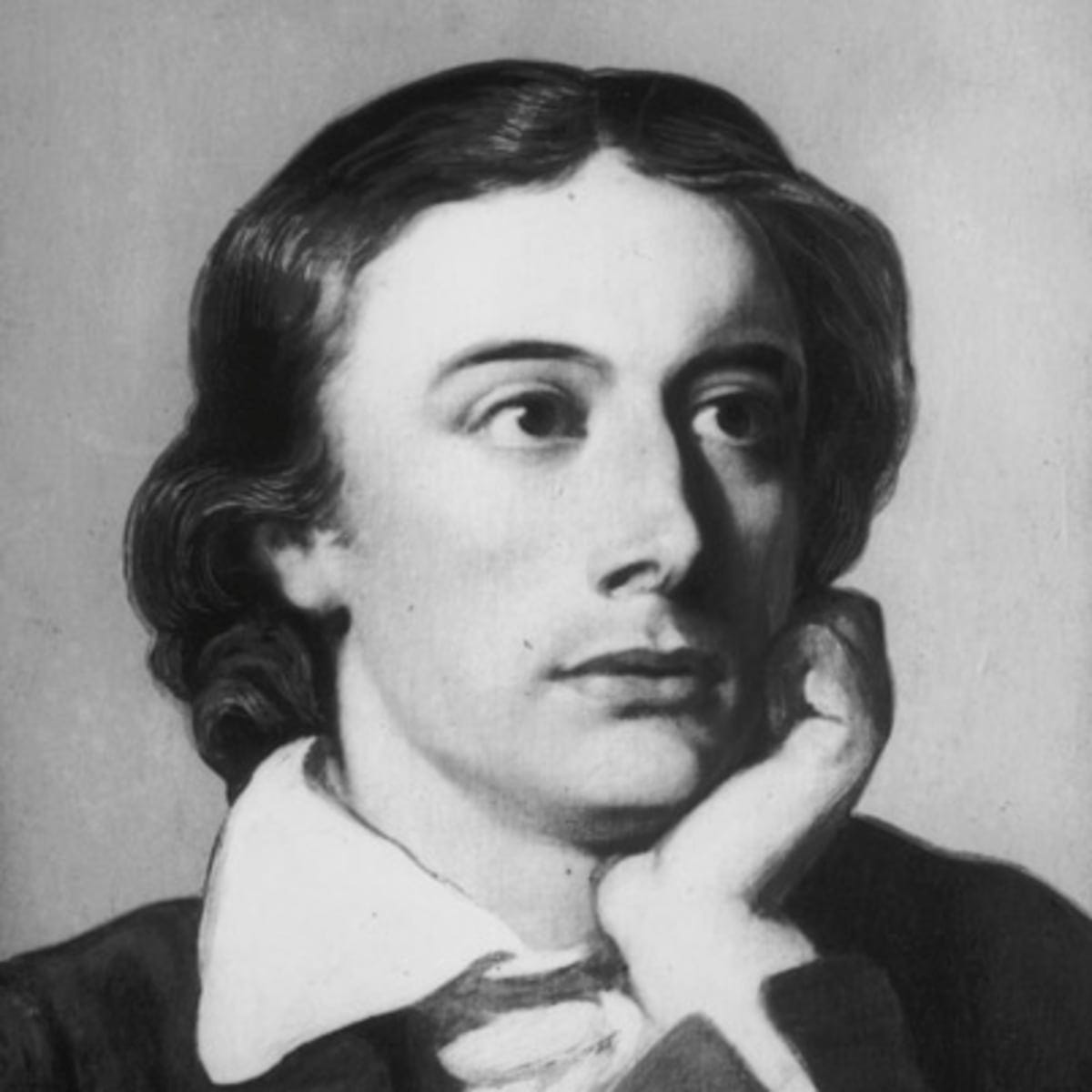Before Truth: Curiosity, Negative Capability, Humility
The university doesn't need a telos. The pursuit of truth needs traits the university can't teach.
My old friend John Tomasi, newly installed as the President of the Heterodox Academy, has written a lovely, stimulating, little essay in praise of curiosity. I encourage you to read it. John gently takes issue with another essay, written by Heterodox Academy founder Jonathan Haidt, arguing that the sacred value and guiding ideal of the university ought to be truth, not social justice.
Tomasi writes:
To be curious, at root, is to wonder about possibilities. Curiosity is what draws us to look behind the curtain of the ordinary. It is about being impatient with the status quo, including even a status quo of one’s creation. Curiosity generates a gentle impatience with the given, the obvious, combined with a hopefulness about the new and yet unseen. For individuals, curiosity stirs us from our slumbers, encouraging us to throw off the heavily patterned blankets of the lives we have lived so far and step out into the adventures of time and change. What could be more human than this? In the pantheon of human experiences, I count curiosity as among the most basic, standing alongside even love and loneliness.
A facet of human experience everywhere and always, curiosity has a special status within communities of learning. After all, it is curiosity that stimulates the pursuit of understanding. In that sense, curiosity is prior to truth and knowledge alike. Further, it is our respect for the minds of our fellow citizens, for our shared human capacity to dream and wonder—to wonder not only for ourselves but also about ourselves and the different ways our lives might go—that gives our concern for social justice its point. As with truth, so with justice: Curiosity comes first. If there is a single value the university must hold sacred, I submit, it is curiosity.
I love this.
Personally, I find it funny and weird to pit truth against social justice as rival final ends for the university. I find it even funnier and weirder to imagine that an institution as complex and varied as the modern university requires a single telos, ultimate aim, “sacred value,” or whatever you want to call it. For example, I think it’s fine if a university hospital were to regard truth as a merely instrumental value subordinate to the more important aim of keeping people alive and generally well. Likewise, I think it’s fine if engineering departments see truth as subordinate to the aim of building cool and useful stuff.
On the other side of the equation, I think it would be awful and stupid if a university were to fire a philosophy professor who denies that “truth” means anything more than “what your discourse community lets you get away with saying” and that it would be better if we stopped talking about truth altogether. What’s more, I suspect the Heterodox Academy and its most of its supporters would agree with this. But if you think it’s okay—healthy even!—for universities to employ professors out to actively disabuse people of the idea that truth is a useful idea, then you can’t really believe that universities ought to regard truth as a sacred value, can you? You might want to say that universities ought to embrace and nurture anti-truth academics because it might turn out to be the case that truth is an empty idea that distracts us from more important things. Indeed, this is what I’m inclined to say. But it strikes me as surpassingly weird to say that universities ought to treat truth as a sacred value yet they should also seriously entertain the possibility that truth has no real meaning.
More to the point, there is no single thing that the university is for. Anyway, it’s just true (whatever that means!) that there are many incommensurable values. So, if you treat truth as sacred, you ought to be a pluralist about value, which makes it pretty easy to accept that the university doesn’t need to prioritize truth over social justice, or vice versa. When they seem to conflict, somebody will need to make a judgment call. The important thing here is good judgment, not an ideological conception of the university and its hierarchy of values; that’s more likely than not to get in the way.
All of which to say, the university doesn’t need a master value. Still, I agree with John. Universities really ought to prize curiosity more than they seem to do these days. I like how he put it, “If there is a single value the university must hold sacred, I submit, it is curiosity.” If…
Curiosity is very closely related to one of my most highly prized traits, what Keats called “negative capability”… “when a man is capable of being in uncertainties, mysteries, doubts, without any irritable reaching after fact and reason.” There’s whiff of Romantic mysticism about this, for sure, but I see it primarily as openness to complexity, comfort with ambiguity, patience with not knowing. (If you've never read it, “Not-Knowing” by Donald Barthelme is one of my all-time favorite essays.)
Now, I really care about truth. Which is why I’m so consistently antagonized these days by the overconfident incuriosity of many folks who pride themselves on their supposed rationality and proclaim themselves defenders of “Enlightenment values.” So little negative capability! So much needless anxiety about categorization. So much attachment to simplifying pet theories their subcultures have coded as “smart.” So much drive to definitively settle tough questions. So much “irritable reaching after fact and reason.”
These are all ideological impulses. Giving in to them is a terrible way to get at the truth. That’s why I’ve become suspicious of people who get strenuously ideological about truth. They strike me as not wanting truth so much as a feeling of certainty and a sense of sure-footed epistemic command. They can’t stand the dizzying fog of ambiguity. The flee from it. When they manage to find shelter from overwhelming complexity and the anxiety of not-knowing, they have a bad habit of calling it “truth.”
Man, I’ve been there. It took me a long time to really grasp that the path to understanding is paved with uncertainty, bafflement and mystification. If you roll with it long enough, keep steering into the fog, keep stepping where you slip, you may be graced with a certain clarity. But if you’re doing it right, the crispness of your new vista will also become obscure with a haze of enigmas and conundrums. Negative capability is loving the twilight. Curiosity is the drive to plunge again into the mist. It’s never really pleasant, but you can get addicted to it, as runners can get addicted to the pain of pushing through. Whatever there is worth seeing starts with not-seeing, knowing with not-knowing.
Here’s something else I find weird and funny. People tend to treat Socrates’ famous claim that the only thing he knows is that he knows nothing as a sort of wink-wink, nudge-nudge bit of irony, as though he’s really just trolling his overconfident interlocutors, instead of making a radical implicit claim to the effect that the desire for certainty (as well as the desire for social acceptance) puts truth out of reach. That’s how I read Plato’s Socrates, at any rate. Without curiosity and negative capability, whatever it is you think you’re doing, it’s not really philosophy and it’s not really in pursuit of truth.
But I think there’s a trait even more fundamental and essential to truth-seeking than curiosity and negative capability. Without a certain innocent humility, something like the opposite of jadedness, which allows you to admit that you haven’t seen it all and don’t already know everything worth knowing, it’s hard to be curious enough to throw yourself into the vertiginous work of effing the ineffable. This is where I trip up constantly. Pride in experience is a hazard of middle age. I’m interested in everything and at ease with ambiguity but, Lord, it’s hard to be humble.
The university doesn’t have a purpose and that’s fine. It certainly won’t ever reliably teach the arcane virtues of philosophers, poets, and other seekers of significant truth. Never has. But truth ought to be of great important to the university, which is why it’s critical that it continue to subsidize the lives of talented, curious people who can’t otherwise afford to dwell full-time on baffling, annoying, unpopular, challenging ideas, like the idea that truth has no value or the idea that, actually, it’s good to de-platform people with pernicious ideas if you can get away with it. Those obnoxious weirdos deserve a hearing and health insurance, too. If that makes you tense, lean into it. Celebrate one of the many valid purposes of the modern university and live the tension!




If the university can’t teach these these things, can it at least develop them in those who tend toward them but haven’t yet been challenged to lean into them? College might be their first experience with professors who value and encourage students to nurture their own natural bent, to practice and become more comfortable with the discomfort of uncertainty. A long time ago I read a quote by...Alan Watts, I think. He was discussing our desperate quest for security, how it draws us away from the defining chaos of life into a hermetically sealed sort of death. He said that when we’re born, we go into free fall, and the only way to find real security is to get comfortable with being in free fall. Any thoughts on that, Will? ...excellent essay, btw.